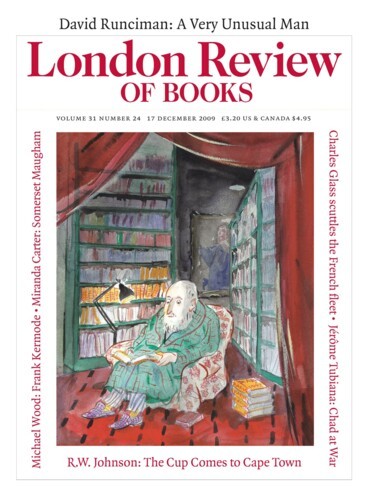On the Smolensk Road
The Stukas, finished with the men
and tanks, turned back for the civilians –
the mile-after-mile of refugees scuffing
and trundling behind the Russian retreat
and bottlenecked before a bridge
over the Dnieper. The cocked gull-wings
were sighted, the panic warning yelled
along the line, and everybody ran,
cowering, hands on heads
into the roadside fields.
One woman hit the ground, pulled
down her small daughter, who was
my mother, and whose guiltiest memory
it became. She saw at once that her mother’s
flowered dress might make a target, so she
tried to kick, gouge, claw, thrash herself free
from the arms struggling to cover her
from the planes, to bulletproof her with love.
My mother said there was no describing
the insane scream of a Stuka’s dive. Was his
blood screaming too, with speed and schnapps,
with young survival, with trigger-happiness,
until he felt like a young sun
firing out of the sun? Perhaps
through his cockpit’s panes
he glimpsed some brightness moving
in a small heap below (girl howling
like a dybbuk in her mother’s pinioning arms)
or something like a blown flower
out there on the Earth as it tilted, as river
and field and the road’s small-and-many
human spillage pivoted away.
Stroke City
(Derry, 2001)
Silks of cloud and sun slip
across the mountainside.
The estuary is a bright hook
sun-fishing. Down on his rock,
like an undertaker flashing,
a cormorant keeps vaunting the black
shab-splendour of his breast.
Under the cannon on the military wall,
the Bogside is laid out: a soldier’s dream,
a map scaled 1:1. Observe the history
of peat-smoke rising from any chimney,
the halting of a car at the junctions
on that homely uncompromising grid.
Outside the shops, my friend Paul,
Bogside-born, says Look at the floor:
the pavement’s overlaid solid
with pale-coral, ivory, dove-grey
chewing-gum. Welcome to the city
of the grinding jaw.
Behind us a watchtower
bristles, stuck thick
as an African nail-fetish head
with suspicious devices. Permanent
numb hard-on of an intimate war.
Send Letters To:
The Editor
London Review of Books,
28 Little Russell Street
London, WC1A 2HN
letters@lrb.co.uk
Please include name, address, and a telephone number.

